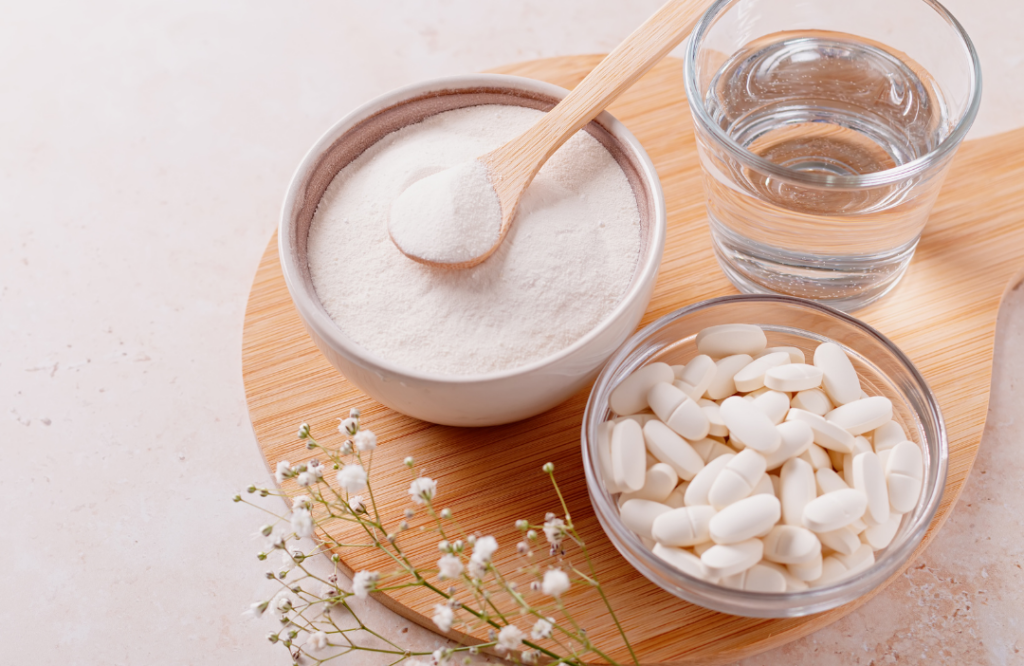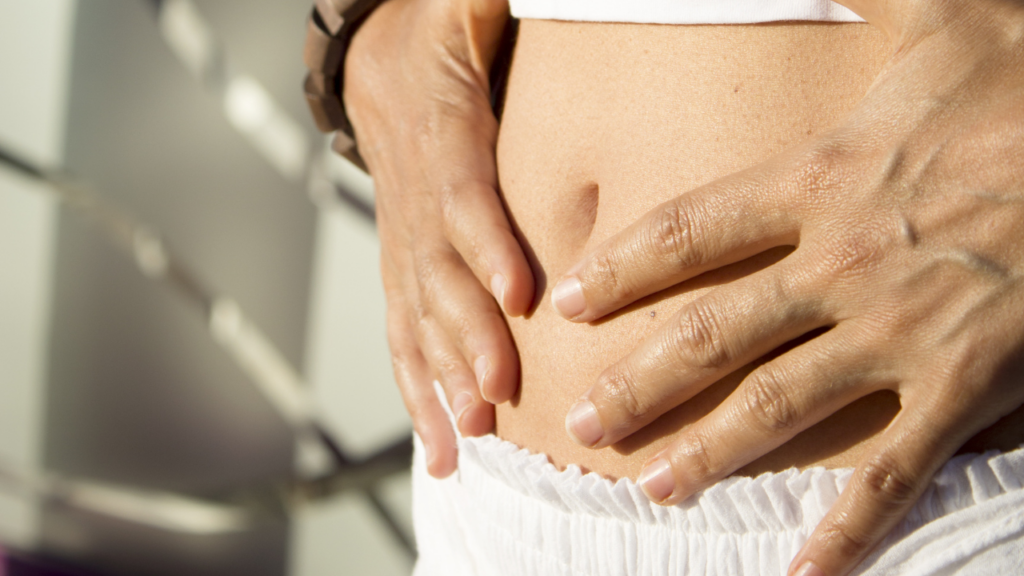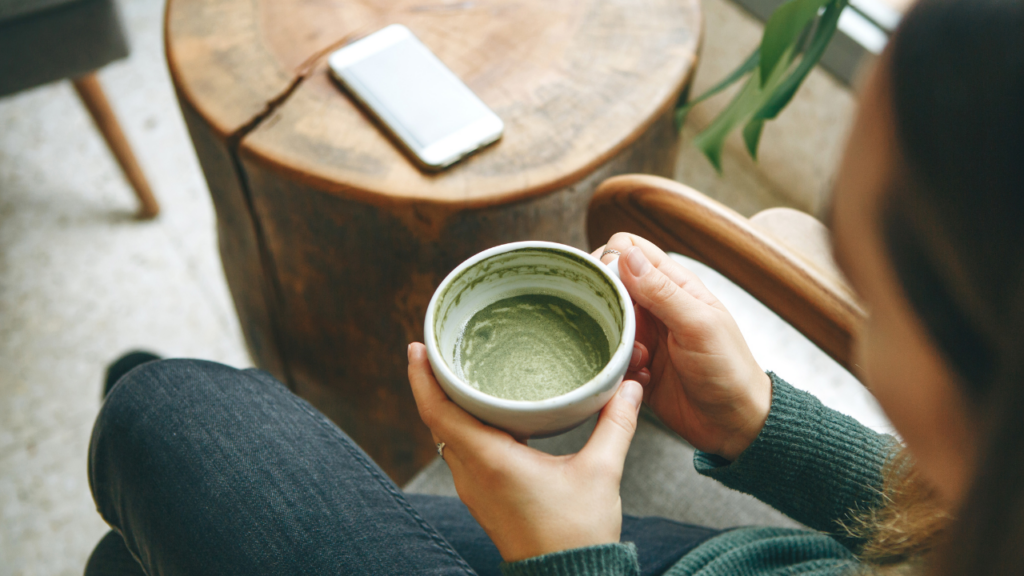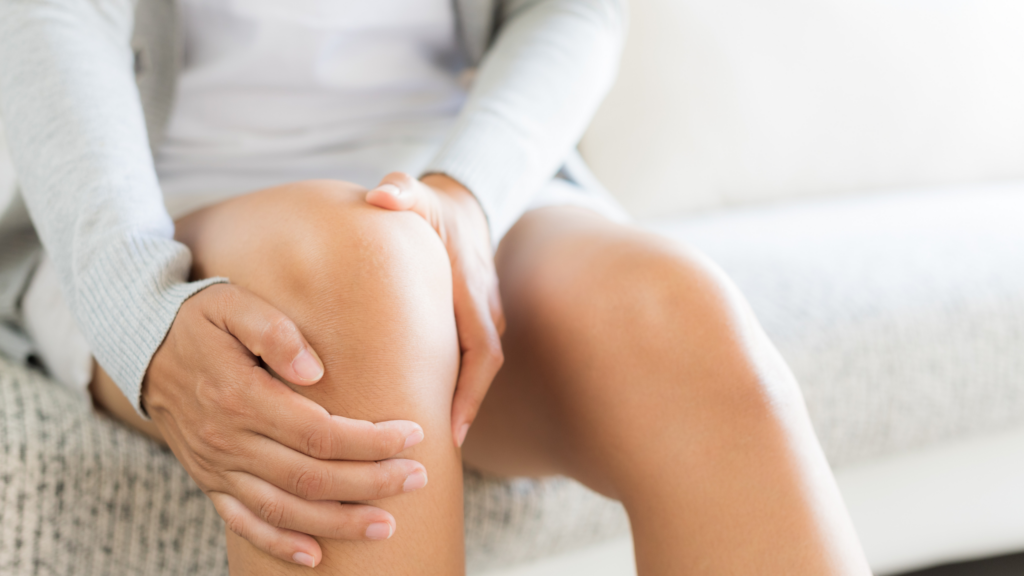Weird (Yet Normal) Acupuncture Side Effects
Published on October 14, 2015 by Dr. Caitlin Gordon
 Acupuncture can make you feel all kinds of ways! Most people find it relaxing and beneficial. There are few to no negative acupuncture side effects. Occasionally, you might experience one of the following acupuncture side effects and be curious as to whether that is normal (hint hint, it is).
Acupuncture can make you feel all kinds of ways! Most people find it relaxing and beneficial. There are few to no negative acupuncture side effects. Occasionally, you might experience one of the following acupuncture side effects and be curious as to whether that is normal (hint hint, it is).
1. Feeling really sensitive during or after treatment
Acupuncture can stir up stuck emotions. Sometimes people cry or laugh for seemingly no reason during an acupuncture treatment. This type of emotional release is healing and nothing to be shy or embarrassed about. It’s also normal to feel extra emotionally sensitive or prone to tears several days after an acupuncture appointment. So often we ignore or distract ourselves from painful emotions, and acupuncture can bring some of that to the surface. This processing means you will carry a lighter emotional load, so I view it in a very positive light! Emotional shifts often signal physical shifts and can be a sign that symptoms will begin to resolve soon. This is one of the acupuncture side effects most common in my practice, where I specialize in stress, anxiety, and depression.
2. Feeling strange sensations in parts of your body where there were not needles during or after treatment
You might have an acupuncture needle in your foot and lower leg but you feel a tingling or aching sensation in your right shoulder. This is normal! People feel areas of their body light up with sensation that aren’t being worked on directly. This is due to the connection between acupuncture meridians. Meridians are energy channels that run all up and down your body and are interconnected via various points. These channels relate to your central nervous system and fascial channels from a Western perspective. It’s an enlightening experience for many to realize that the switches for their neck pain might be on the top of their hand, and you don’t need to tackle areas of pain directly to get lasting relief. Everything is intricately connected within the body, and the body is very smart. Acupuncture accesses many dimensions of healing on a cellular level.
3. Feeling spacey or fuzzy is a common acupuncture side effect
This is one of my favorite acupuncture side effects. I jokingly call it being “acu-stoned”. For people who experience high stress or anxiety, this is often a welcome relief from the busy-mindedness of daily life. It can be a little uncomfortable if feeling spacey is unfamiliar to you. This feeling is only temporary and any fuzziness is quickly replaced by a sense of greater clarity for most people. Some people feel simultaneously energized and deeply relaxed after acupuncture. If you have a lot of stuck energy, either emotionally (repressing or distracting from emotions) or physically (sedentary lifestyle), you might feel especially “out of it” after acupuncture. We’ve moved a lot of energy around, and your body is integrating that process. Take the rest of the day easy, and trust that your healing response has been activated and is working hard for your benefit.
4. Having to pee or have a bowel movement right after acupuncture
Similarly to the explanation above, stuck stuff becomes unstuck. One of the most powerful acupuncture side effects is the activation of the parasympathetic nervous system. This is your “rest and digest” mode. Rest-and-digest means your body might be ready to excrete some waste. It’s common to need to use the bathroom after acupuncture, especially if we do points on the abdomen. You might find that you have a bit of a detox response where water and food go through you more quickly than usual for a few days. This is a positive cleansing reaction, and nothing to worry about.
5. Fatigue after acupuncture
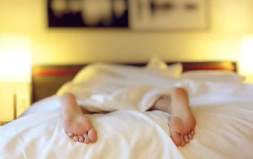 Of all the acupuncture side effects, this one is probably the least enjoyed by patients. Fatigue after acupuncture can last up to three days. Some people feel really wiped out post-acupuncture-session. This shouldn’t happen every time and is more common at the beginning of your treatment series. If you have been burning the candle at both ends, acupuncture can reveal the true depth of your exhaustion as we rebalance your energy. Sometimes the energy we think we have is actually adrenaline and other stress hormones. Acupuncture lowers stress hormones (see the image to the right), which can leave you feeling your true energetic state–low, low, low. Don’t despair, acupuncture can help build you back up. However, you’re going to have to do some self-care too, like getting enough rest and eating a balanced diet. For severe cases of burn-out (HPA Axis dysfunction), herbs or supplements might be needed.
Of all the acupuncture side effects, this one is probably the least enjoyed by patients. Fatigue after acupuncture can last up to three days. Some people feel really wiped out post-acupuncture-session. This shouldn’t happen every time and is more common at the beginning of your treatment series. If you have been burning the candle at both ends, acupuncture can reveal the true depth of your exhaustion as we rebalance your energy. Sometimes the energy we think we have is actually adrenaline and other stress hormones. Acupuncture lowers stress hormones (see the image to the right), which can leave you feeling your true energetic state–low, low, low. Don’t despair, acupuncture can help build you back up. However, you’re going to have to do some self-care too, like getting enough rest and eating a balanced diet. For severe cases of burn-out (HPA Axis dysfunction), herbs or supplements might be needed.
6. Twitchy muscles
At times I intentionally needle into trigger points, which can cause a twitch response in your muscle. This feels weird like you aren’t in control of your body. Involuntary muscle twitches can be achy, but shouldn’t be super painful. This is an effective technique for releasing muscle tension. Physical Therapists and Chiropractors have adopted this acupuncture technique and call it “Dry Needling“. It should always be performed by a licensed acupuncturist who is experienced and trained to use acupuncture needles to avoid causing damage by deep or aggressive needling. Acupuncturists tend to use a gentler touch when it comes to needling trigger points (at least I do!) and get equal if not better results than those who use a more aggressive approach. Sometimes less is more when it comes to pain and injury. With any treatment approach, consistency is key.
Want to improve your chances of getting great results from acupuncture?
4 Essential Steps to Make Acupuncture Work for You
Learn more about Acupuncture:
The contents of this site, including text, graphics, images, and other material are for informational purposes only. Nothing contained in this site is or should be considered or used as a substitute for professional medical or mental health advice, diagnosis, or treatment. Please schedule an appointment for personalized health advice.

